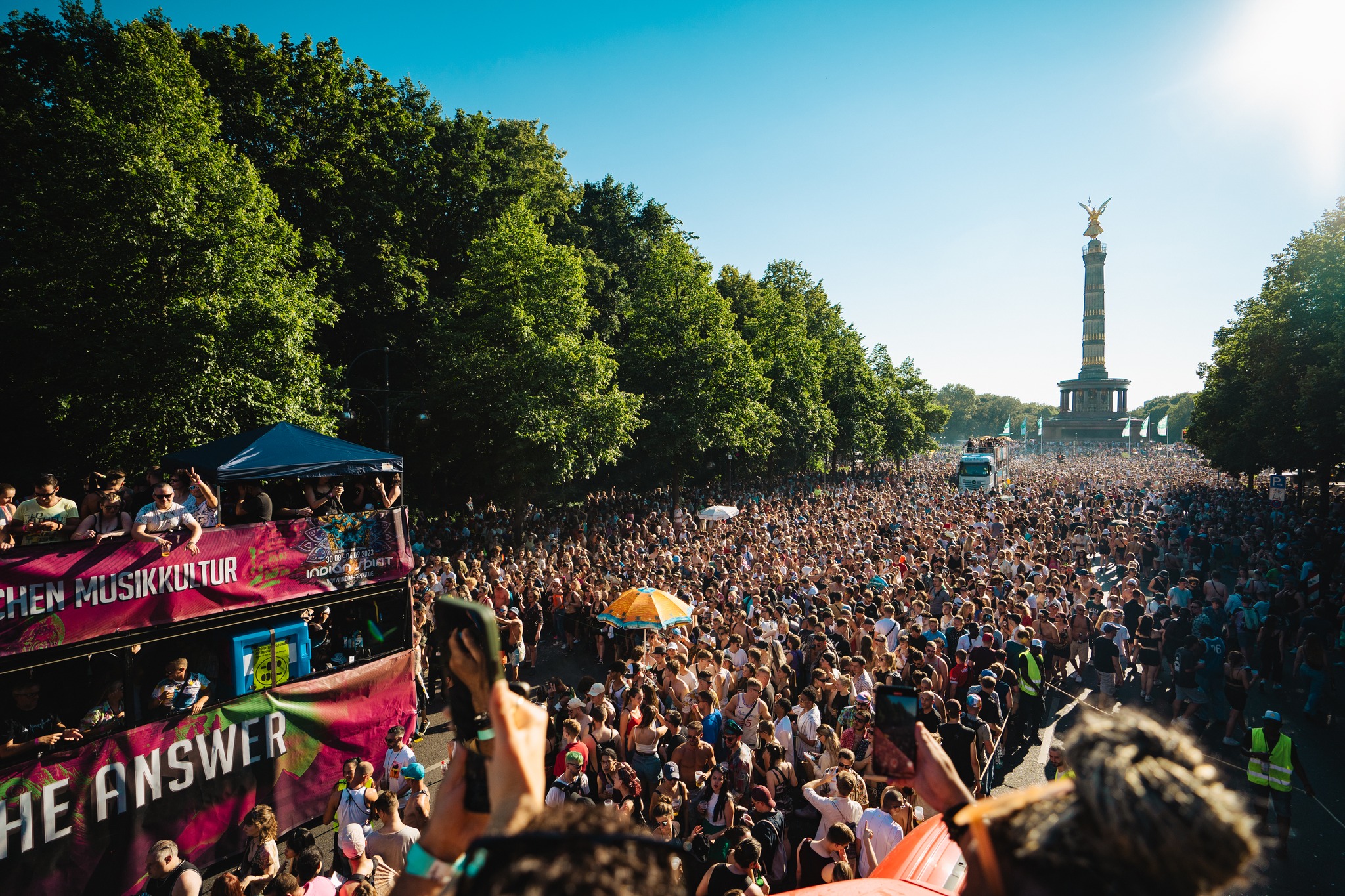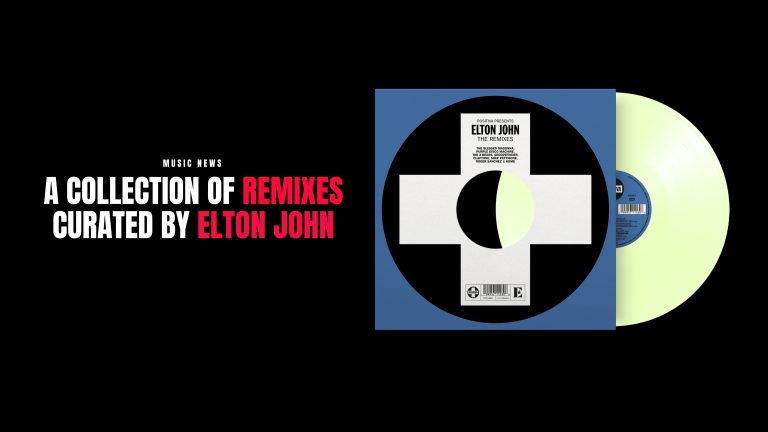Berlin’s iconic techno scene, a defining element of the city’s identity, has received the prestigious UNESCO Intangible Cultural Heritage designation. This recognizes the genre’s pivotal role in reunifying Berlin after the Wall’s fall. Spearheaded by Love Parade pioneers and legendary club owners, the UNESCO status could secure the future of this influential musical movement.
Techno’s origins lie in Detroit’s mid-1980s scene, but when the Berlin Wall fell, the city embraced the genre as the perfect soundtrack to reunification in a city freshly liberated from decades of division. Abandoned spaces in East Berlin became havens for unified revelers.
UNESCO recognition could provide government funding and legal protections, helping iconic venues like Tresor and Berghain survive development pressures. This would solidify techno’s place as a legitimate cultural force deserving of preservation. As Detroit’s Alan Oldham, now a Berlin resident, notes, it’s vital to maintain the “free, wild, creative Berlin” that techno helped forge.
This milestone celebrates Berlin’s techno artists and promoters while ensuring the future of this unique cultural sector. UNESCO’s decision highlights the power of music to unite communities and shape history.




